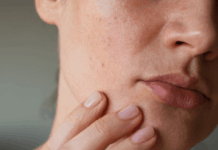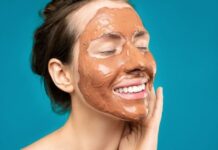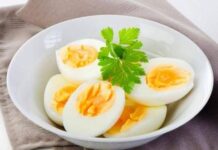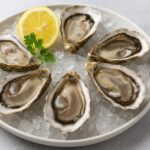1. Optimal Time for Gargling and Brushing
The best time to gargle and brush your teeth is 3 minutes after a meal. This is when bacteria in the mouth start breaking down food debris, producing acids that can erode and damage tooth enamel.
2. Best Time to Eat Fruit
It is recommended to eat fruit one hour before a meal. Since fruit is a raw food, consuming it before cooked food prevents an increase in white blood cell count, thus boosting the immune system.
3. Ideal Time for Tea
The healthiest time to drink tea is one hour after a meal. Many people enjoy a hot cup of tea right after eating, but this is scientifically unsound. Tannic acid in tea combines with iron in food to form insoluble iron salts, hindering iron absorption and potentially leading to anemia over time.

4. Sunbathing Sweet Spot
The ideal sunbathing hours are from 8 AM to 10 AM and 4 PM to 7 PM. During these times, sunlight is dominated by beneficial UV-A rays, aiding the body’s synthesis of vitamin D.
This boosts the immune system’s anti-aging capabilities, prevents osteoporosis, and reduces the risk of atherosclerosis.
5. Prime Time for Skincare
The skin’s metabolic process is most active from midnight to 6 AM. Applying skincare products before bedtime promotes this process, resulting in healthier and more beautiful skin.
6. Perfect Walking Window
Walking at a pace of 4.8 km/h for 20 minutes, starting 45 to 60 minutes after a meal, maximizes calorie burn and aids weight loss. Waiting two hours after eating will yield even better results.
7. Milk Drinking Moment
Rich in calcium, drinking milk before bedtime can compensate for low blood calcium levels at night and protect bones. Milk also promotes better sleep.
8. Bathing Bliss
A warm bath (35°C to 45°C) each night relaxes muscles and joints, improves blood circulation, and induces peaceful sleep.
9. Sleep Schedule
For daytime napping, aim for a start time of 1 PM, as this is when falling asleep is easiest. At night, 10 PM to 11 PM is ideal as deep sleep occurs between midnight and 3 AM, a state entered roughly an hour and a half after falling asleep.
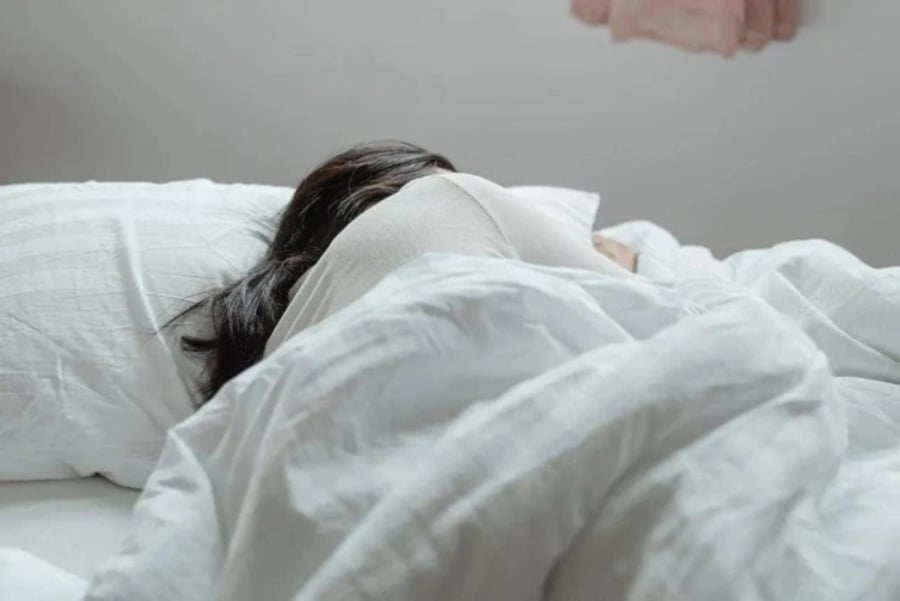
10. Exercise Excellence
Evening workouts are most beneficial due to peak physical performance and adaptability in the afternoon or early evening. Senses are most acute, and the body’s coordination is at its best, with stable heart rate and blood pressure, creating optimal exercise conditions.

